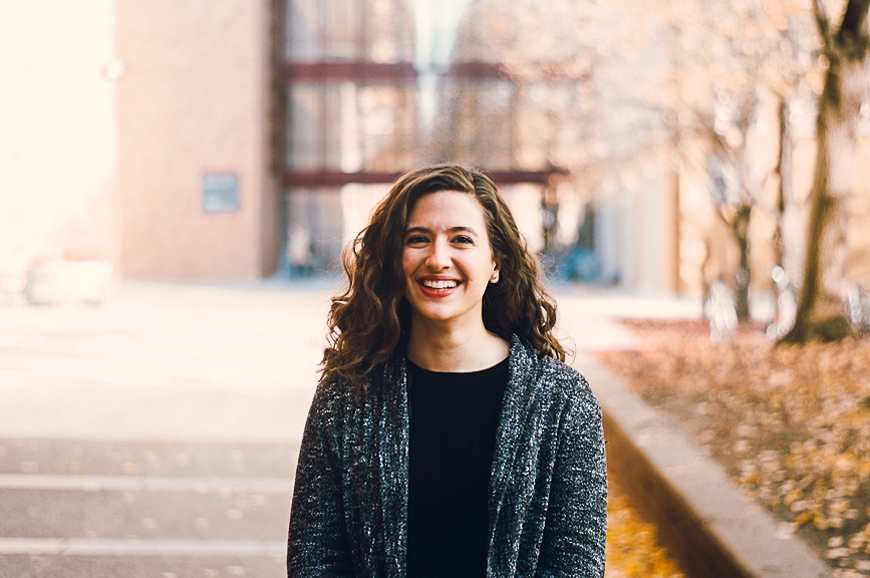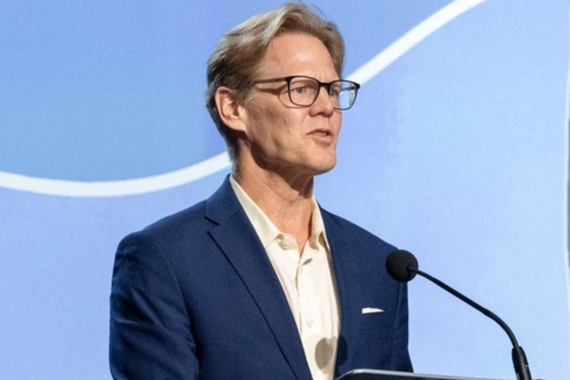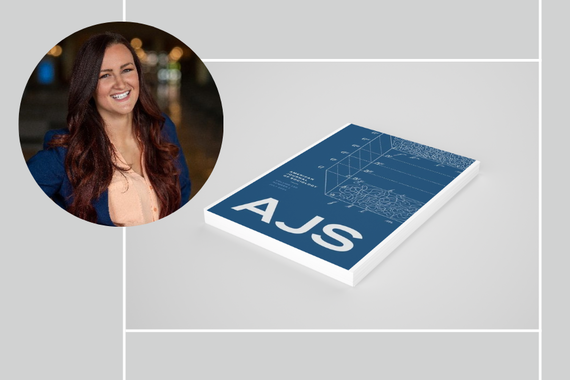Mexico and America: The International Student Experience
Amid a controversial time for US international relations, being a student from Mexico is complicated for senior Marianne Zarzar. “With all of the new changes on immigration,” says Zarzar, “we have just stopped recognizing people’s humanity. The policies in place have changed the discourse completely-- how we talk about and think about immigration have polarized people into ‘yes’ or ‘no’ instead of ‘let’s have a conversation.’”
Her upbringing inspired many of the ambitions she now holds as a student at the University of Minnesota. Zarzar speaks of the differences between Mexican and American culture and how Minnesota was a shock—from the community-based mindset of Hispanic culture to the more individualistic mindset held by many North Americans.
Additionally, growing up during a time of corruption within the Mexican government, Zarzar saw crime in her own hometown and remembers events such as school lockdowns. As a result, Zarzar was inspired to study sociology at the University of Minnesota to gain skills in criminology and law and make lasting changes in the place she grew up. One day, Zarzar hopes to achieve justice in areas of the Mexican government that many times are difficult to notice without first taking a step back and observing the whole picture.
Discovering her Passion
Growing up in Torreon, Mexico, Marianne Zarzar feels extremely grateful for the upbringing she was given. “My mom is a homemaker, and that has always been her dream,” she explains. Her dad is also living out his dream as an entrepreneur, allowing him to have plenty of time for his family.
Witnessing both her mother and father pursuing their dreams and working towards their passions encouraged Marianne to search for meaning in her career endeavors as well. They said, “do what you want to do, and if it’s something that you are really passionate about, you will be able to run with it and make it a success.”
International Experience
As an international honors student pursuing a BS in sociology and a minor in neuroscience, Zarzar experiences challenges related to her Mexican heritage in her everyday life. “My experience as an international student has been a little bit different in that I grew up speaking English, and I can pass as a white American citizen,” Zarzar explains. However, she still has to deal with legal issues relating to her visa.
“Recently there have been changes to the US visa system where anything that might compromise an individual’s visa status is constantly being monitored,” says Zarar. The Department of Homeland Security is tracking ‘unlawful presence’ to see if an immigrant does anything to violate their status. However, explains Zarzar, the laws defining what constitutes these violations are so vague that an individual could be doing something considered a threat without even realizing it. It doesn’t matter whether an individual is aware that they committed a violation; if it occurred, it can be counted. As an international student, Zarzar says, “It’s that mix of trying to be a student but also wondering in the back of my head if I am doing anything that could compromise my visa status.”
Additionally, talk about the struggles of international students adjusting to life in America is kept to a minimum on campus. “There are so many issues on people's minds at the moment,” says Zarzar. She thinks that immigration reform, detention centers, and gun violence all need to be addressed in order to create a campus environment where students—both international and national—can be open and honest. This way, students can have conversations that allow for addressing cultural differences in a curious, collective way.
Taking Advantage of the U
During her time on campus, Marianne has been involved in the University of Minnesota Sociological Association (UMSA), where she now serves as the organization’s president, and as a community advisor for Housing and Residential Life. Last year she traveled to Sydney, Australia, where she interned at a law firm writing guidelines for a new European policy.
“I don’t know if I would have gotten a similar opportunity here in the US, especially with the type of work they let me do,” Zarzar says. At the law firm, Zarzar was looking at foreign policies and writing guidelines for international clients involved with customers and businesses across Europe. “Even if a company was non-European, if you dealt with European customers, this policy affected you,” Marianne says, showing the reach and relevance of her efforts at the firm.
Dealing with the business and legal side of things was a unique opportunity for Zarzar to apply her knowledge of sociology, and to top it off, Marianne had the opportunity to visit the Supreme Court of New South Wales—equivalent to the Supreme Court in the US, and the highest court in Australia.
As a woman working in the law field in Australia, Zarzar says she felt extremely encouraged and applauded. “It is important to bring in people who are good at what they do and enjoy it, but it is also important to bring in people who reflect the culture that we want to create,” says Zarzar. The law firm lived this out to the utmost extent—making inclusivity one of their main values and going out of their way to celebrate the current gender diversity they did have. “They were very intentional about bringing in more female partners,” Marianne recalls, so “seeing how intentional and vocal they were” about these issues was something Zarzar loved being part of.
Currently, Marianne is a volunteer for WATCH—a nonprofit organization that pushes for effectiveness and responsiveness of the criminal justice system with a focus on procedural justice for victims of violence. With an emphasis on women and children, the organization, explains Zarzar, is basically trying to improve the processes, transparency, and justice offered to everyone involved. “Being able to actually go into court and observe these changes gives it a whole new light,” Marianne enthusiastically shares. “We are making small steps towards improving the system, but there is still so much left to do.” The last report they released focused specifically on sex trafficking of minors and how the overall court experience for these victims can be improved.
Making Change
Reflecting back on her childhood and hometown, Marianne is excited to use all of her knowledge from her time in the US and Australia to enact policies that she believes are long overdue in Mexico.
In studying sociology, she explains, you learn so much about the inequalities in systems and how those systems have been made. All of her experiences, from dealing with visas to writing foreign policy guidelines, have helped shape what Zarzar hopes to do in the future and fuel her drive to make systems the best they can be.
This story was written by an undergraduate student in CLA.



